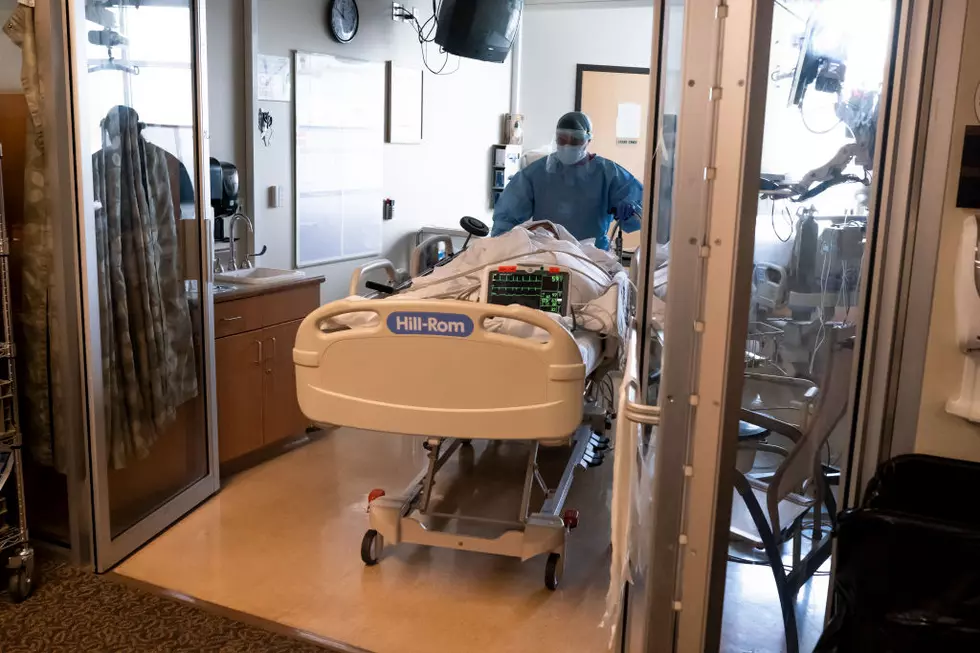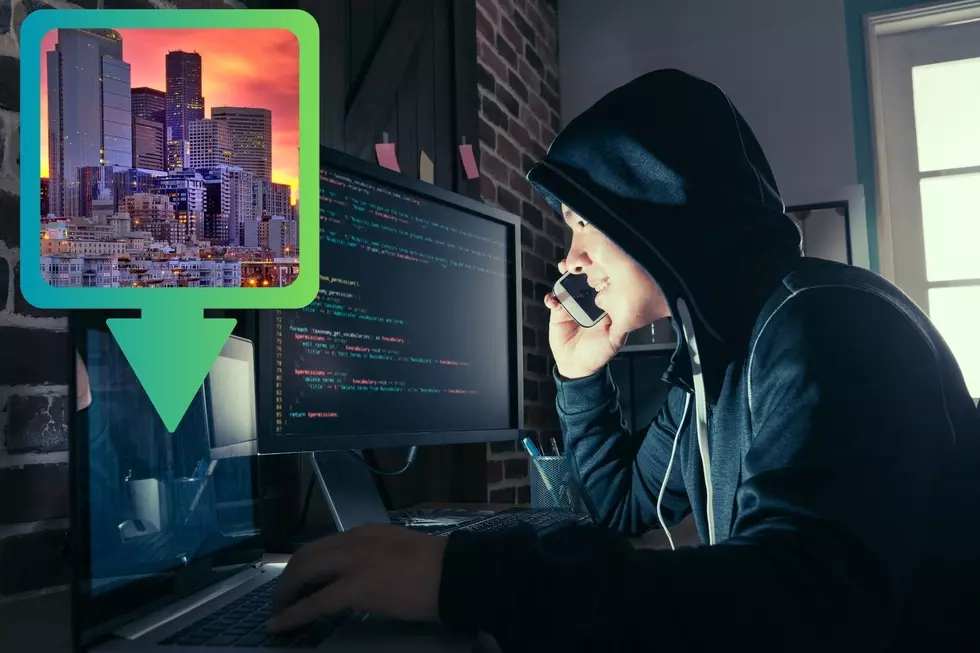
Education Issues (AGAIN) Force Legislative Overtime in Olympia
For the last 7 years, since 2010, legislators have had to resort to an extra session (and sometimes several) to hammer out a two-year budget. And again the sticking point is education funding.
Ever since the effects of the controversial 2012 McCleary Decision went into effect, the issue over funding education has been a sticking point. The McCleary Decision was a ruling by the State Supreme Court that claims the legislature has violated the state constitution by not 'properly funding' education.
For the Supreme Court to be holding the legislature in 'contempt' is a risky, and some say an over-stepping boundary measure. But the reality is the state is stuck with it.
This year, according to Opportunity Washington, the Senate won't seriously negotiate until the House officially votes on it's tax package to fund the budget, so they can see it. The House claims the Senate plan is unrealistic because it requires voter approval of what's called the Levy Swap Plan.
The Levy Swap idea is to increase property taxes statewide. Then they would take the money, and more evenly redistribute to districts that have less economic strength, allowing them to keep pace with more affluent districts. The plan would also reduce the amount of money local residents pay their own school districts to offset the tax increase.
While supporters say it's a good idea and helps poorer districts, groups such as the Washington Policy Center say it's not, because removing local control puts parents further away from having a say in how their educational dollars are spent. That's why the Senate insists voters would have to approve this idea. The House disagrees, and now we are looking at legislative overtime. Those who favor it say it will help smaller districts, opponents say it's redistribution of wealth and studies show such plans don't have the desired effect.
The extra legislative session will start next Monday.
More From 870 AM KFLD









